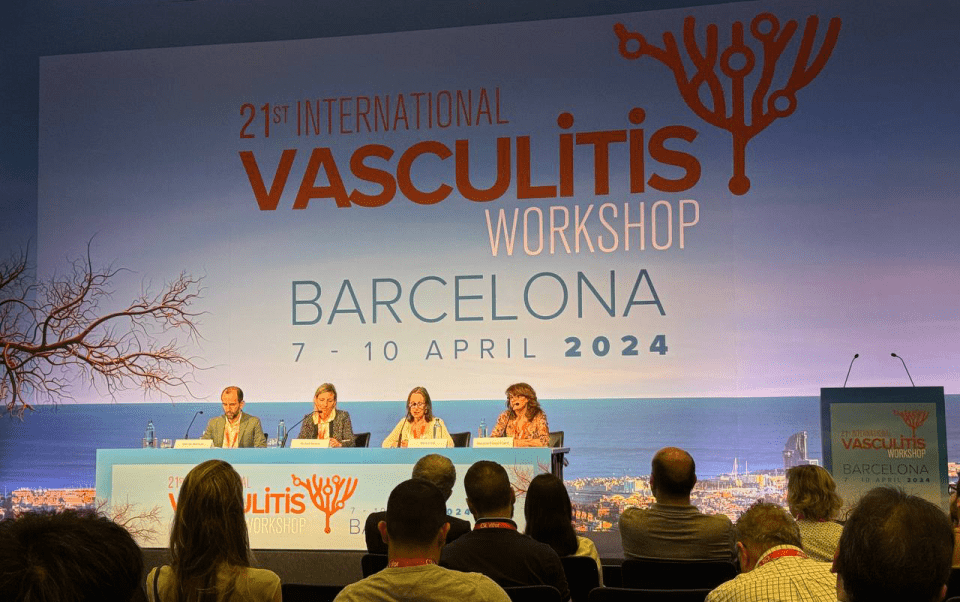Substantiated information by:

Georgina Espigol Frigolé
Medical Internist
Autoimmune Diseases Department

José Hernández Rodríguez
Medical Internist
Autoimmune Diseases Department

Maria Cinta Cid Xutgla
Medical Internist
Autoimmune Diseases Department

Sergio Prieto González
Medical internist
Department of Internal Medicine
Published: 30 November 2018
Updated: 30 November 2018
The donations that can be done through this webpage are exclusively for the benefit of Hospital Clínic of Barcelona through Fundació Clínic per a la Recerca Biomèdica and not for BBVA Foundation, entity that collaborates with the project of PortalClínic.
Subscribe
Receive the latest updates related to this content.
Thank you for subscribing!
If this is the first time you subscribe you will receive a confirmation email, check your inbox
An error occurred and we were unable to send your data, please try again later.


